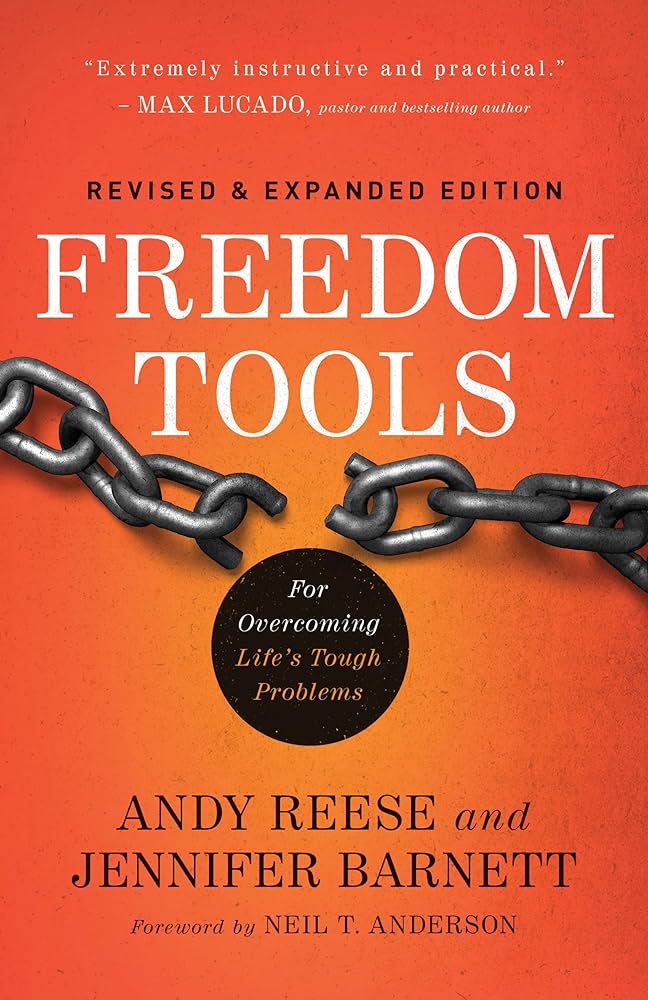Are you tired of feeling like your life is not entirely yours? Do you feel limited in your ability to express yourself or pursue your passions? In a world where governments and corporations increasingly encroach on our personal freedoms, it’s easy to feel trapped. But fear not! There are tools for freedom that can help you secure your liberty and take back control of your life.
In this article, we’ll explore some of the best tools for achieving personal freedom and security. From alternative communication platforms to privacy-enhancing software, we’ll cover everything you need to know to protect yourself from prying eyes and maintain your autonomy.
First, let’s start with a brief overview of why personal freedom matters.
Why Personal Freedom Matters
Personal freedom is the cornerstone of any truly democratic society. It allows individuals to express their opinions, pursue their goals, and live their lives without undue interference from outside forces. Without personal freedom, we risk becoming mere cogs in a machine, subject to the whims of those in power.
Unfortunately, personal freedom has come under attack in recent years. Governments around the world are increasingly using surveillance technologies to monitor their citizens’ every move. Corporations collect vast amounts of data on our behaviors and preferences, using it to manipulate us into buying products or supporting political causes.
The result is a society that feels more divided and less free than ever before. But there are tools for freedom that can help us regain control.
Tools for Freedom: A Comprehensive Guide
The following sections will explore some of the most effective tools for achieving personal freedom and security. Whether you’re concerned about government surveillance or corporate data mining, these tools can help protect your privacy and keep you safe.
Alternative Communication Platforms
One of the most important tools for maintaining personal freedom is access to alternative communication platforms. Traditional social media sites like Facebook and Twitter have come under fire in recent years for their handling of user data and their perceived bias against certain political viewpoints.
But there are alternative platforms that prioritize user privacy and free speech. Here are a few examples:
Mastodon: A decentralized social network that allows users to create their own communities (or “instances”) based on shared interests. Mastodon is open-source, meaning that anyone can inspect the code to ensure it’s not collecting unnecessary user data.
Signal: A secure messaging app that uses end-to-end encryption to protect your messages from prying eyes. Signal doesn’t collect any user data beyond your phone number, making it one of the most privacy-friendly messaging apps available.
ProtonMail: An encrypted email service that offers end-to-end encryption for all messages. ProtonMail is based in Switzerland, which has some of the strongest privacy laws in the world.
Virtual Private Networks (VPNs)
Another important tool for achieving personal freedom is a virtual private network (VPN). A VPN encrypts your internet traffic and routes it through an intermediary server, making it more difficult for anyone to track your online activities.
Here are some of the best VPNs available:
NordVPN: A highly-rated VPN with servers in over 60 countries. NordVPN uses advanced encryption protocols to secure your internet traffic and offers a no-logging policy to protect your privacy.
ExpressVPN: One of the fastest and most reliable VPNs available. ExpressVPN offers a wide range of server locations and uses strong encryption protocols to keep your data safe.
Surfshark: A budget-friendly VPN with strong security features and an easy-to-use interface. Surfshark offers unlimited simultaneous connections, meaning you can use it on as many devices as you like.
Privacy-Enhancing Software
In addition to alternative communication platforms and VPNs, there are also various software tools designed to enhance your privacy online. Here are a few examples:
Tor Browser: A browser that uses the Tor network to anonymize your internet traffic. Tor is especially useful for accessing websites that may be blocked in your country or region.
Brave Browser: A privacy-focused browser that blocks ads and trackers by default. Brave also has a built-in cryptocurrency wallet, allowing you to support publishers and content creators directly.
ProPrivacy Tools: A suite of privacy-enhancing tools designed to help you stay safe online. From ad blockers to password managers, ProPrivacy offers everything you need to secure your digital life.
Conclusion
Achieving personal freedom and security in today’s world can be challenging, but it’s not impossible. By using the tools for freedom outlined in this article, you can protect your privacy, express yourself freely, and take back control of your life.
Remember, personal freedom is a fundamental right that must be protected at all costs. Whether you’re concerned about government surveillance or corporate data mining, there are tools available to help you maintain your autonomy and keep your personal information safe.
So what are you waiting for? Start exploring the tools for freedom today!
References:
https://en.wikipedia.org/wiki/Personal_freedom
https://www.mastodon.social/about
https://signal.org/
https://protonmail.com/
https://nordvpn.com/
https://www.expressvpn.com/
https://surfshark.com/
https://www.torproject.org/
https://brave.com/
https://proprivacy.com/




